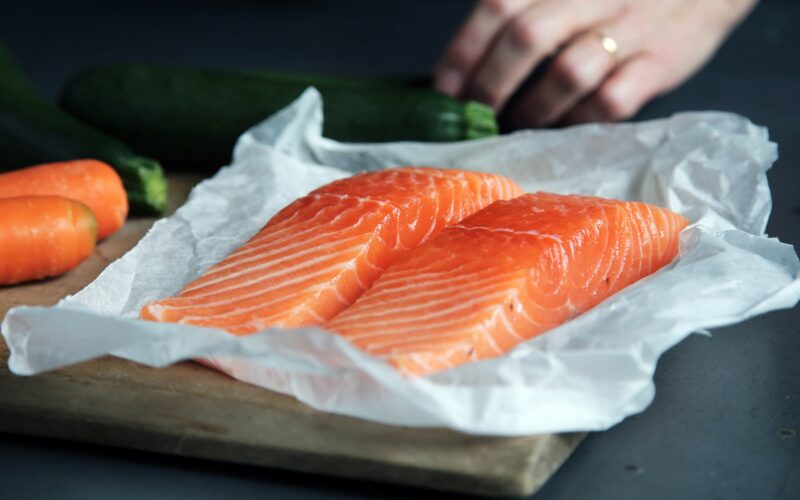When choosing between wild caught sockeye salmon and farmed salmon, the differences in quality, nutritional value, and environmental impact are significant. Wild caught sockeye salmon, often hailed for its superior attributes, offers a range of benefits that farmed salmon cannot match.
Nutritional Value
One of the primary reasons wild caught sockeye salmon is favored over farmed salmon is its nutritional profile. Wild sockeye salmon has a lower fat content and higher protein levels. This leaner composition makes it an excellent choice for health-conscious consumers. Additionally, wild salmon contains more omega-3 fatty acids, which are crucial for heart health, brain function, and reducing inflammation. These beneficial fats are found in higher concentrations in wild caught sockeye salmon due to its natural diet, which consists of krill and other small sea creatures.
Taste and Texture
The flavor and texture of wild caught sockeye salmon are other reasons it is preferred. The diet and active lifestyle of wild salmon contribute to its firm texture and rich, distinct taste. In contrast, farmed salmon often has a softer texture and a more muted flavor due to its controlled diet and limited space for movement. This difference is particularly noticeable in dishes where the salmon’s natural flavors are highlighted, making wild caught sockeye salmon a superior choice for culinary enthusiasts.
Environmental Impact
The environmental implications of choosing wild caught sockeye salmon over farmed salmon are substantial. Farmed salmon operations can contribute to water pollution, the spread of diseases, and the depletion of wild fish stocks used to feed farmed salmon. Conversely, wild salmon fisheries are generally more sustainable when properly managed. They do not rely on artificial inputs and are subject to stringent regulations to ensure the health of the ecosystem.
Contaminants and Health Risks
Wild caught sockeye salmon is also less likely to contain harmful contaminants compared to farmed salmon. Farmed salmon can accumulate higher levels of pollutants, such as PCBs and dioxins, due to their diet and living conditions. Choosing wild caught sockeye salmon minimizes exposure to these potentially harmful substances, offering a safer and cleaner option for consumers.
Conclusion
In summary, wild caught sockeye salmon surpasses farmed salmon in terms of nutritional value, taste, environmental impact, and safety. For those looking to enjoy a healthier, more flavorful, and environmentally friendly seafood option, wild caught sockeye salmon, such as that offered by Papa Earth salmon, is the superior choice. By opting for wild caught varieties, consumers can enjoy the numerous benefits while supporting sustainable fishing practices.

